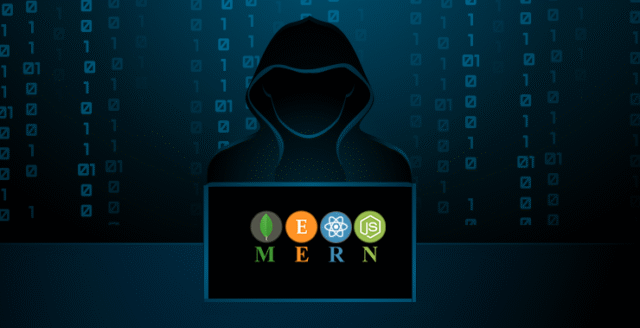Building safe web apps is very important. Many developers use the MERN stack for building MERN apps. MERN means MongoDB, Express, React, and Node. One big part of keeping an app safe is using JWT. JWT stands for JSON Web Token. JWT helps apps know who is logged in. If you’re interested in learning this, consider enrolling in a MERN Stack course in Delhi. Delhi has many good places to learn coding and real projects.
How does JWT work?

JWT is a small digital token. It has user data inside. When you log in, the server makes a JWT. This token goes to the user’s browser. The browser saves it. Each time you do something new, the browser sends the token back. The server checks the token. If it is right, the server lets you do things. If not, you get a message. This keeps data safe. Speed is achieved since the server avoids storing any session details. Everything is inside the token.
Why is JWT good?
JWT makes it easy to build MERN apps that work fast. You do not need to keep asking the database about the user. You check the token instead. JWT is easy to use with REST APIs. It integrates smoothly with React for the frontend and Node for the backend. Many new MERN apps use JWT because it is simple and strong. Learning how JWT works will help you make better projects.
Adding Roles to JWT
Sometimes, just knowing who the user is not enough. Big apps have roles. Roles are things like admin, user, editor, or guest. Different roles have different permissions. For instance, only an admin has the authority to delete a post. Normal users can only read or write. Roles help manage power inside the app.
To add roles to JWT, you put the user’s role inside the token. When the server validates the token, it also verifies the user’s role. If the role matches, the action is allowed. If not, the server says no. This makes the app safe and clear.
Making Role Checks in Node
In a MERN app, Node handles the back end. You write code in Express to check roles. When a user tries to open a page or do something, your code first checks the token. Then it checks the role inside. This happens before any other work. If the role is wrong, the code stops. This makes sure only the right people can change data.
Using Middleware for Roles
Good developers do not repeat code. Role checks can use middleware. Middleware is code that runs before the main task. It checks if the token is there. Then it checks the role. If all is good, the main task runs. This makes your Node code short and neat. It is easy to test. If you study at a MERN Stack Training in Gurgaon, you will learn how to make and use middleware. Gurgaon has many good tech schools to learn this.
Front End Checks
On the front end, React can also check roles. This is extra safety. For example, you can hide buttons if the user is not an admin. You can block pages if the role is wrong. But remember, the real check must happen in Node. React checks help the user know what they can do. Node checks keep the app safe for real.
Refresh Tokens
JWT has one small problem. It can expire. This is good for safety. But it can annoy users. To solve this, you can use refresh tokens. A refresh token is another token. It lasts longer. Once the JWT expires, the browser sends a refresh token. The server then verifies it and issues a new JWT. This way, the user stays logged in without typing the password again. Refresh tokens need care. Keep them safe. Store them in cookies if needed.
Role Upgrade and Downgrade
Good Mern apps can change user roles. You might need to promote a user to admin, or perhaps restrict their access by blocking them. To do this, your Node code must let you update the role in the database. Next time the user logs in, the new role goes into the token. You can also make the token short-lived, so the new role works fast. This helps manage big teams.
Testing JWT and Roles
Testing is a big part of coding. Test your JWT code well. Check what happens when the token is fake. Check what happens when the role is wrong. Make sure your app blocks bad actions. You can write unit tests for your Node code. You can test React parts too. This keeps the app strong. If you want to show your skills, you can also do a MERN Stack Developer Certification. This helps your resume. Many companies ask for good skills in auth and roles.
Conclusion
JWT with role management makes MERN apps safe and strong. It lets you build big projects with many users. It helps you give power to the right people. Learning this is good for your future. Start small and practice with real projects. If you learn well, you can build amazing things with the MERN stack.







